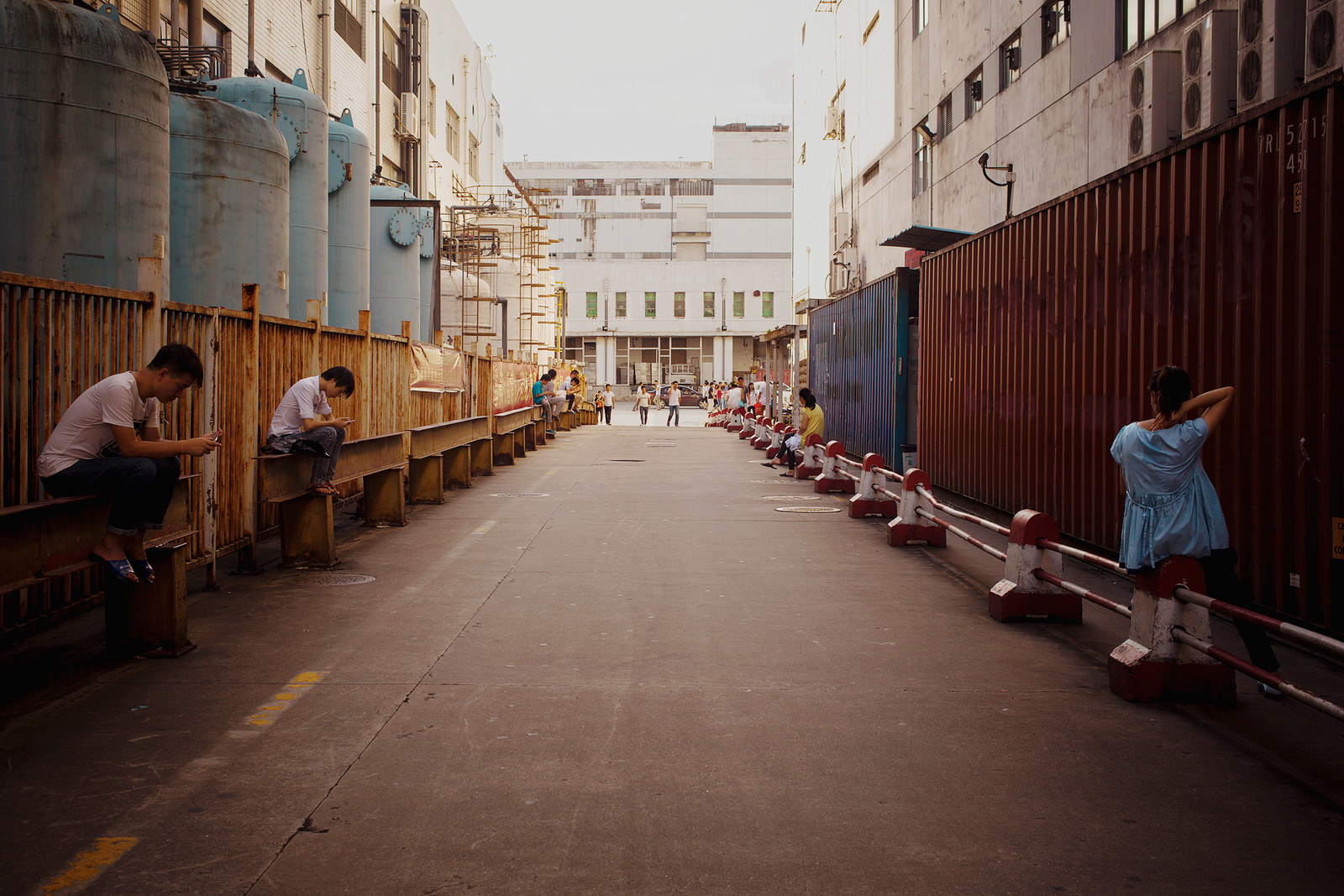
Mari Bastashevski
Photographer Mari Bastashevski recently visited Foxconn, a massive contract electronics manufacturer in Shenzhen, China, whose clients include Apple, Amazon, Microsoft, Sony, and Nintendo. The company — which has for years been on the receiving end of continued criticism over its factories’ labor conditions — is usually tight-lipped about its operations, allowing only very rare and highly regulated tours to the press. Bastashevski was able to have a relatively unobstructed visit, without handlers. This is an accounting of her 24 hours there.
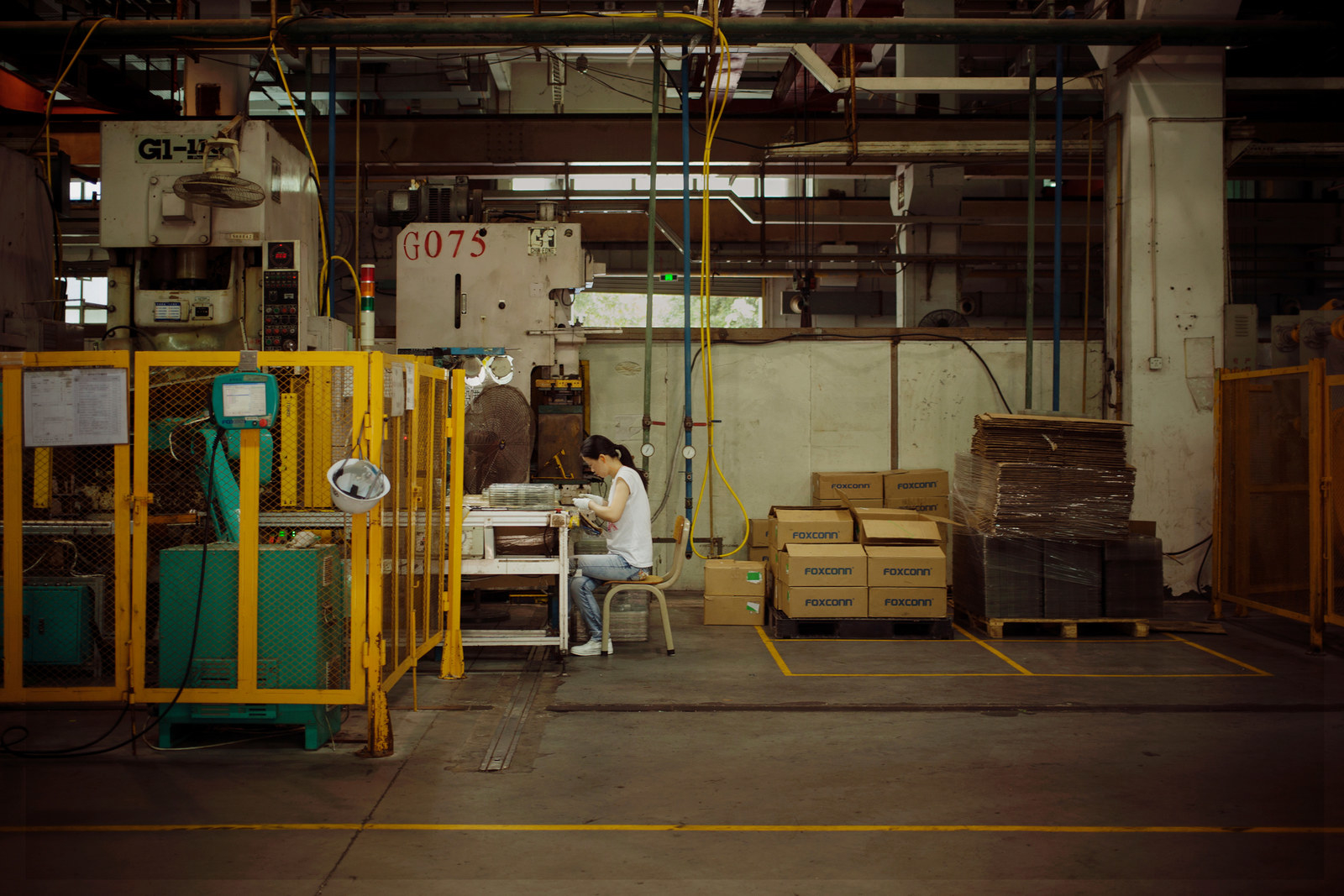
Mari Bastashevski
Foxconn is a high-security factory town home to hundreds of thousands employees. I cannot offer too many details without compromising the insider who made the access possible, but once my day pass was cleared by the electronic check-in at the main gate, I could wander from place to place for an entire day unobstructed by the internal police, who are used to non-Chinese visitors, usually the employees from Apple. Besides, the factory is quite hectic and so the chances of running into the same guards enough times to cause an alarm are quite small.
The human traffic is highest from 6 to 7 a.m. and from 4 to 5 p.m., when men and women flow in and out of the work labs in three orderly waves, and again at midnight, a time when the village is especially dynamic.
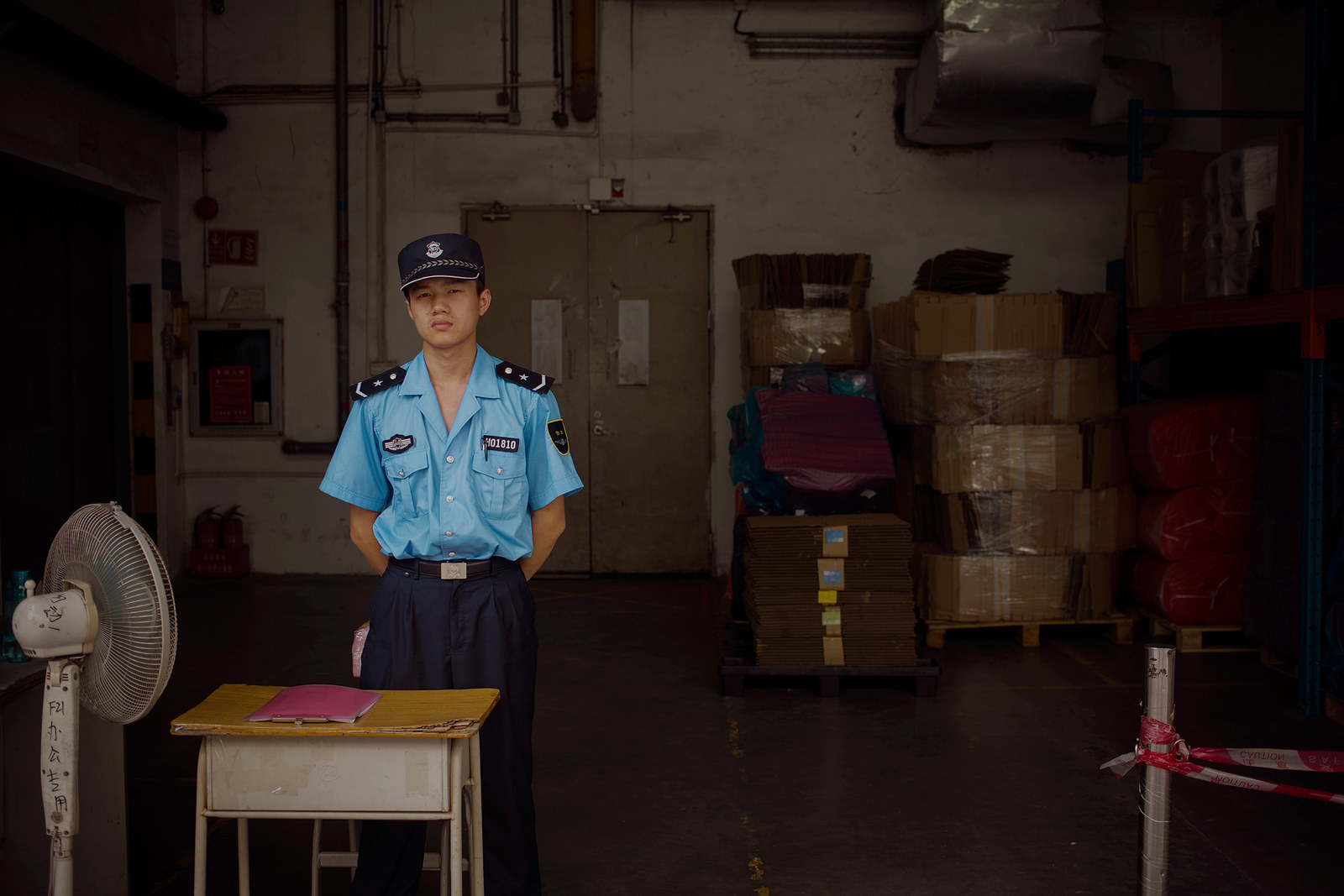
Mari Bastashevski
The town itself is rigidly structured and demarcated. It is the polar opposite of a regular city in terms of diversity and the varying intensity of urban life. Its design, which at first seems labyrinthine, is actually strictly defined in a manner similar to that of a military training camp: All areas are broken into blocks A, B, C, D, F, and E, and an internal transport system moves the workers to and from these zones. There, they leave their belongings in numbered depository shelves and proceed to their labs or offices, often clearing another security level en route.
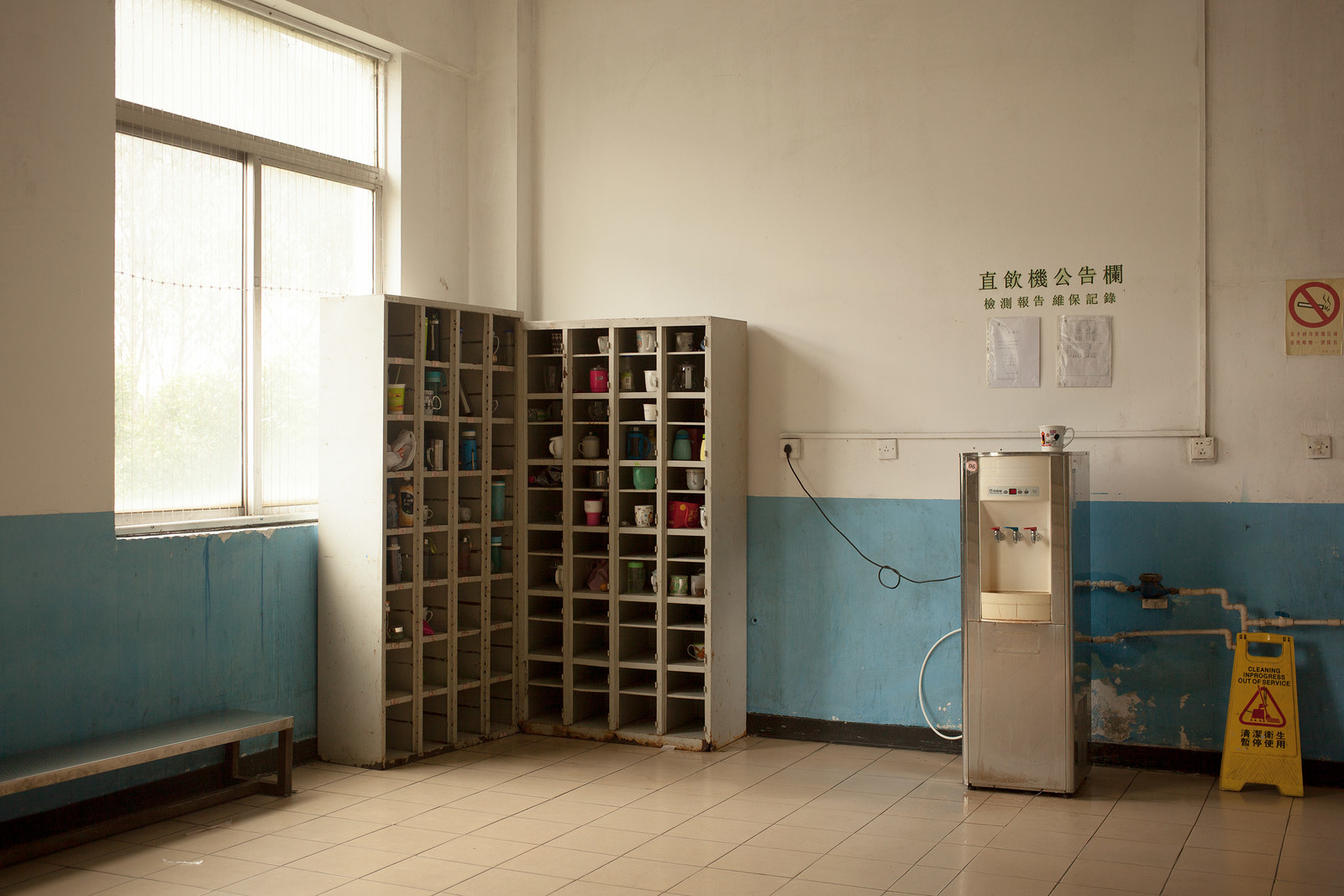
Mari Bastashevski
It is evident that the factory has tried to put some effort into checking the boxes that make the work conditions appear more passable. The offices and public spaces are filled with vegetation, and motivational posters or historical notices are plastered randomly on the walls. There are two swimming pools, a hospital, an understandably empty Foxconn workers’ union, shopping kiosks, cafés, canteens, and an automated electronic library. Suicide prevention nets are installed at random staircases and along various parts of the roofs. The managers start the shifts with an enthusiastic motivational speech, which is accompanied by the Foxconn corporate anthem.
“But a factory is still a factory,” an educated engineer tells me through a translator app when I ask him about the suicides. “Young men and women don’t actually want to do factory work anymore, at all.”
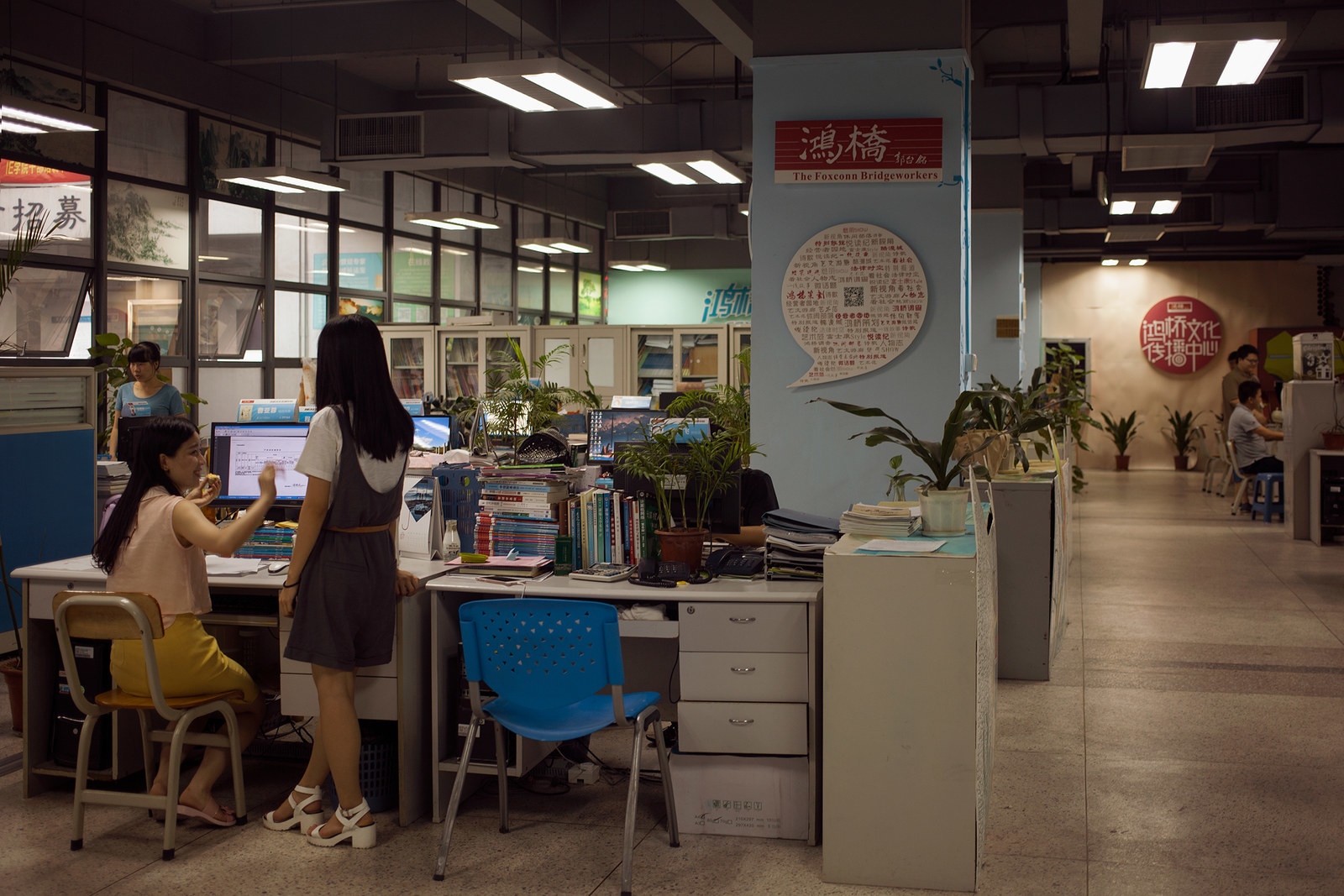
Mari Bastashevski
The interns are cagey about their actual age. Often they seek overtime and get it. Those who cannot afford a place outside the factory are crammed into the factory dormitories and don't leave the town for weeks on end. It's dusty, it's hot, and oftentimes the stench of factory detritus is unbearable.
During the day, the employees, including many security guards, fall asleep in awkward positions any chance they get, on chairs, lab tables, and benches, but at night when the heat is off, the town comes to life.
The human drama inside the village is the inverse of the inertia of monotonous labor: The men are exchanging items, playing games, or chatting to each other without looking up from their phones; the prepubescent girls are thawing under black mud masks. The girls are serious and focused, intent on maintaining appearances and
testing out the free products, but they have little energy to enjoy the
process, which takes place in makeshift beauty parlors right in the middle of convenience stores. This pristine pastime, of which there is very little, is local and texture-rich. It stands in stark contrast to the uniformity of goods produced at the heart of this mechanical fortress.
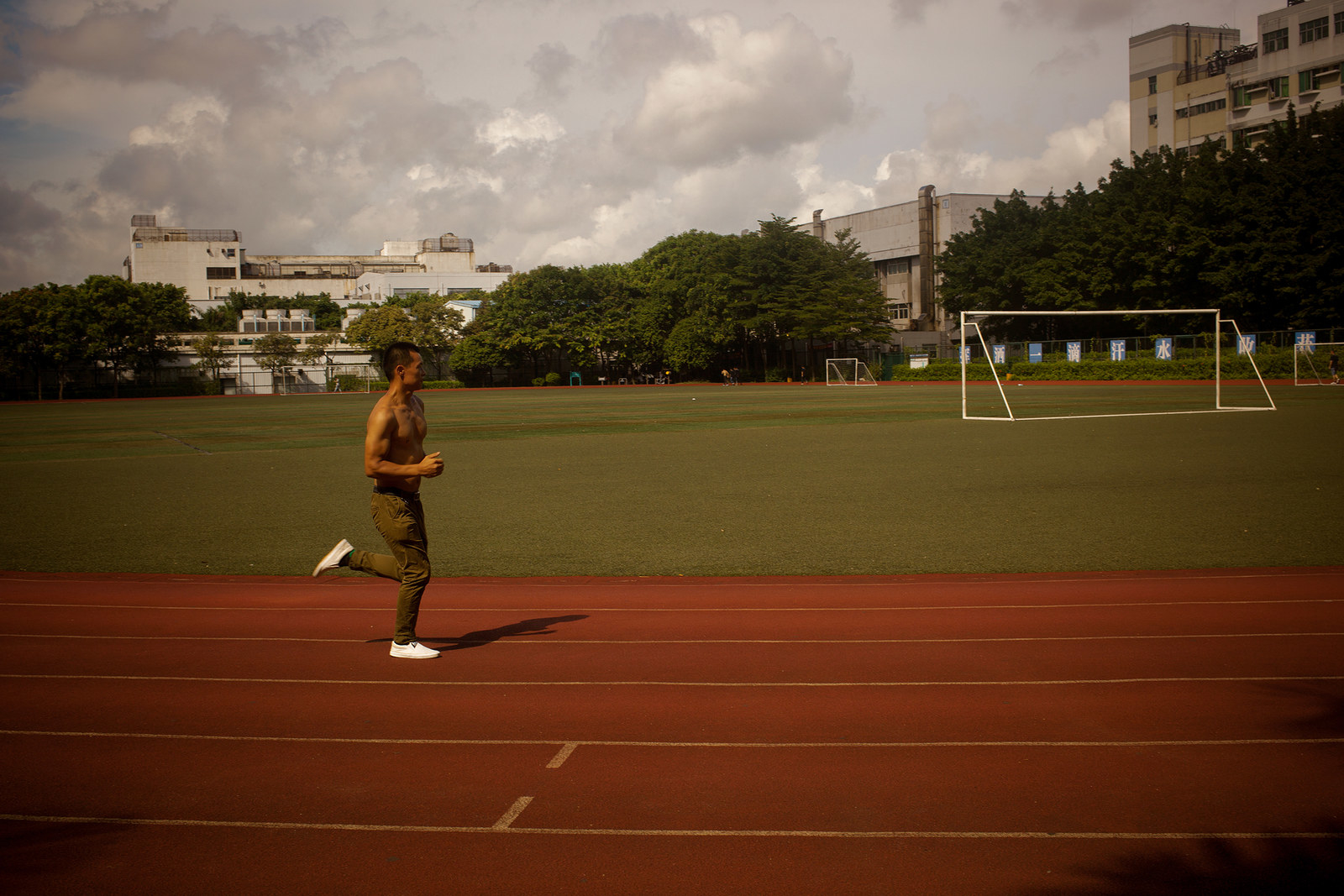
Mari Bastashevski
Somehow I imagined that at the end of the day the village would be asleep, so the night crawling there really stood out, as did the joggers running along the stadium track and alongside the lake just outside the factory town.
It’s the best imaginable interpretation of Kafka’s “city in the south”:
“People live there who — imagine! — don’t sleep!"
"And why not?"
"Because they don’t get tired."
"Why don’t they?"
"Because they are fools."
"Don’t fools get tired?"
"How could fools get tired?”
Not quite how Walter Benjamin saw it when he commented, “One can see that the fools are akin to the indefatigable assistants.” Rather, this tirelessness seems a resistance to a definition, not adherence to one.
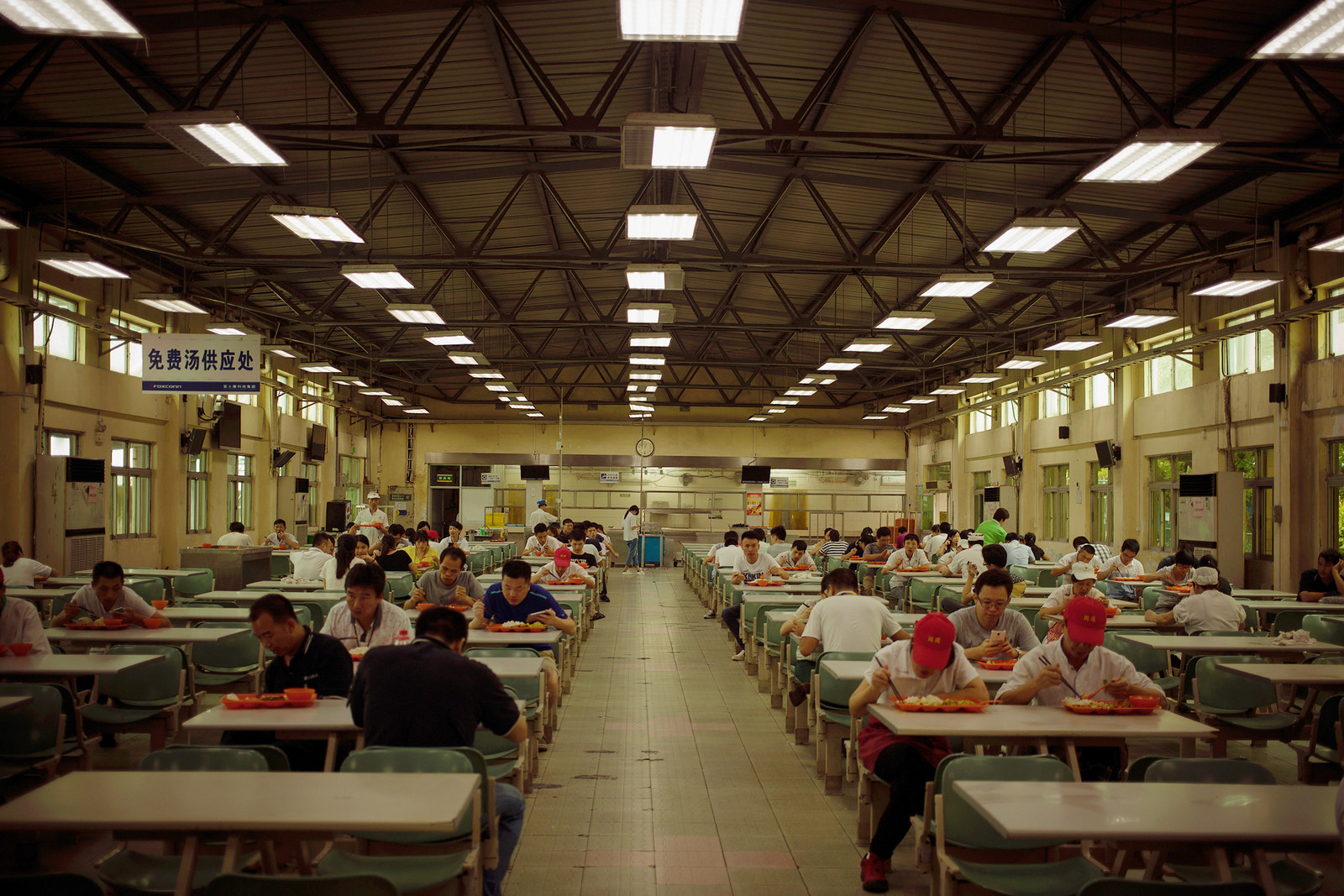
Mari Bastashevski
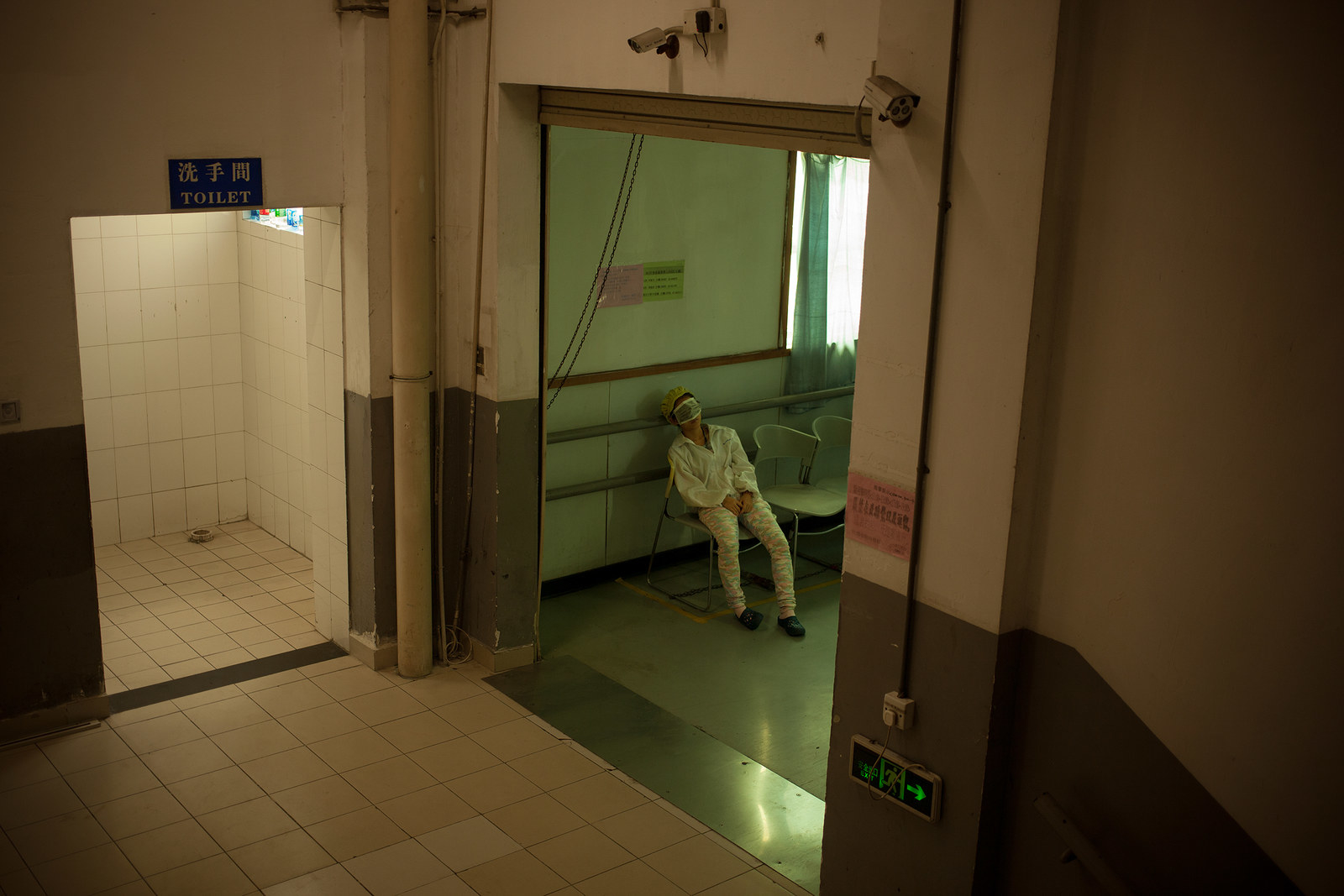
Mari Bastashevski
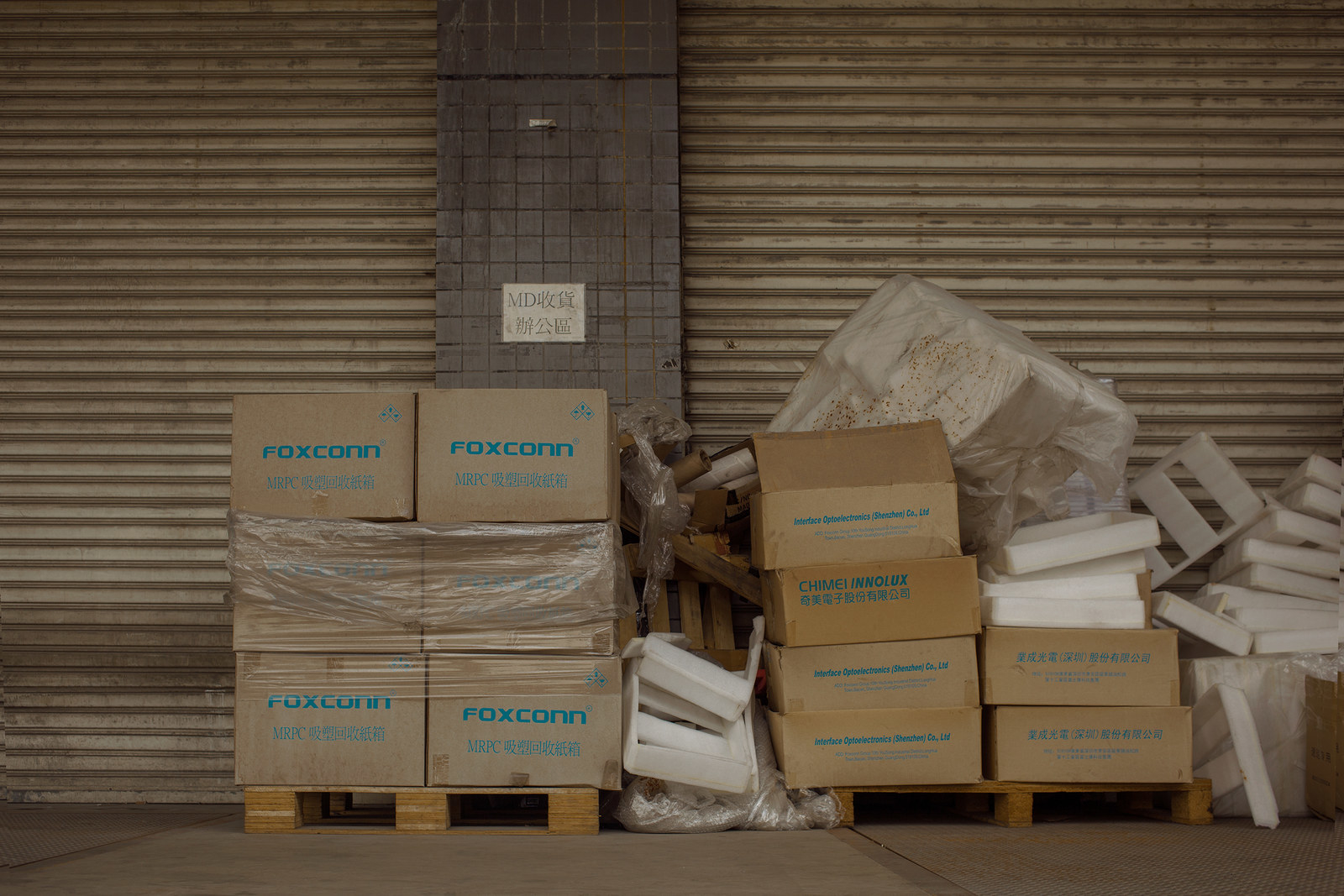
Mari Bastashevski
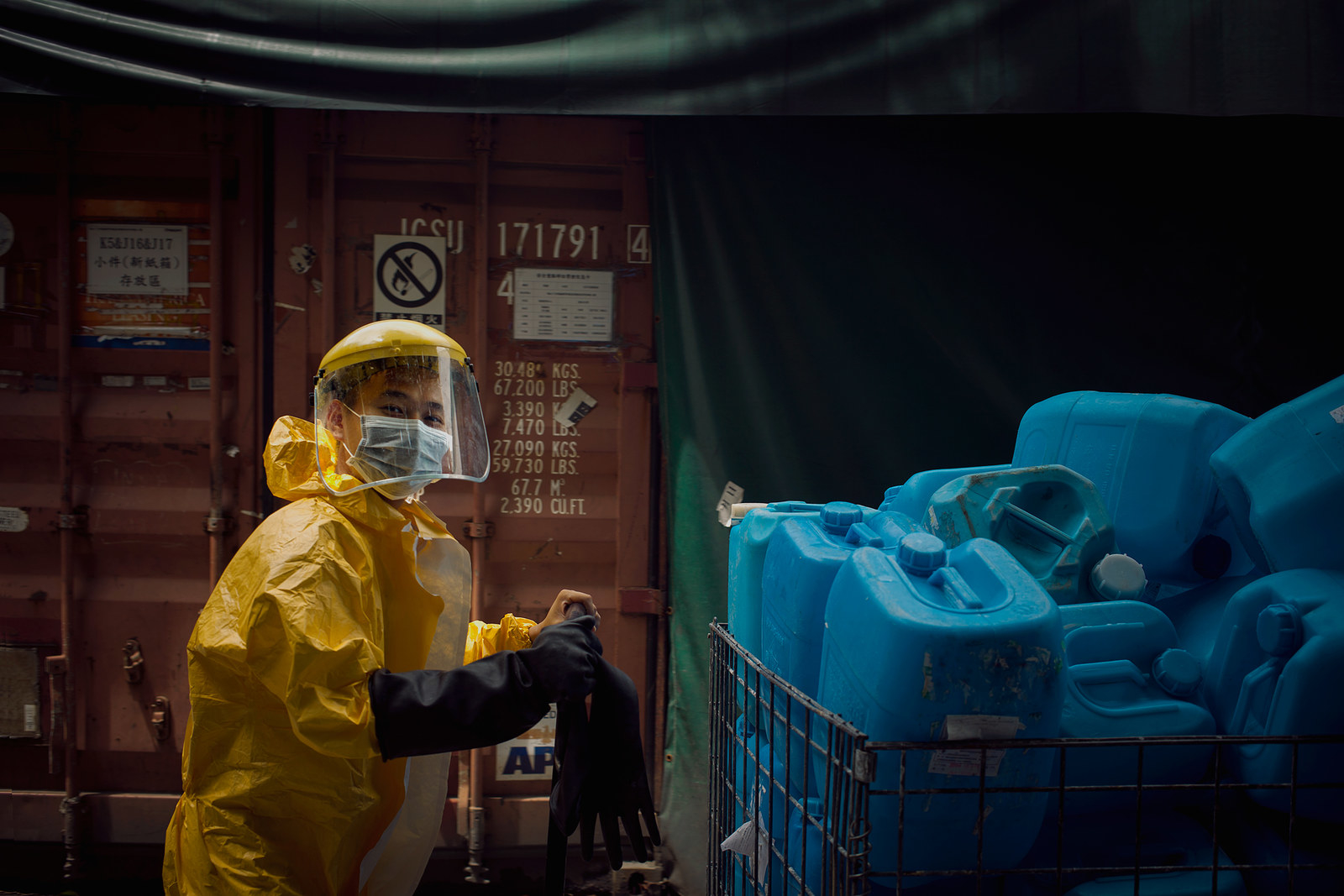
Mari Bastashevski
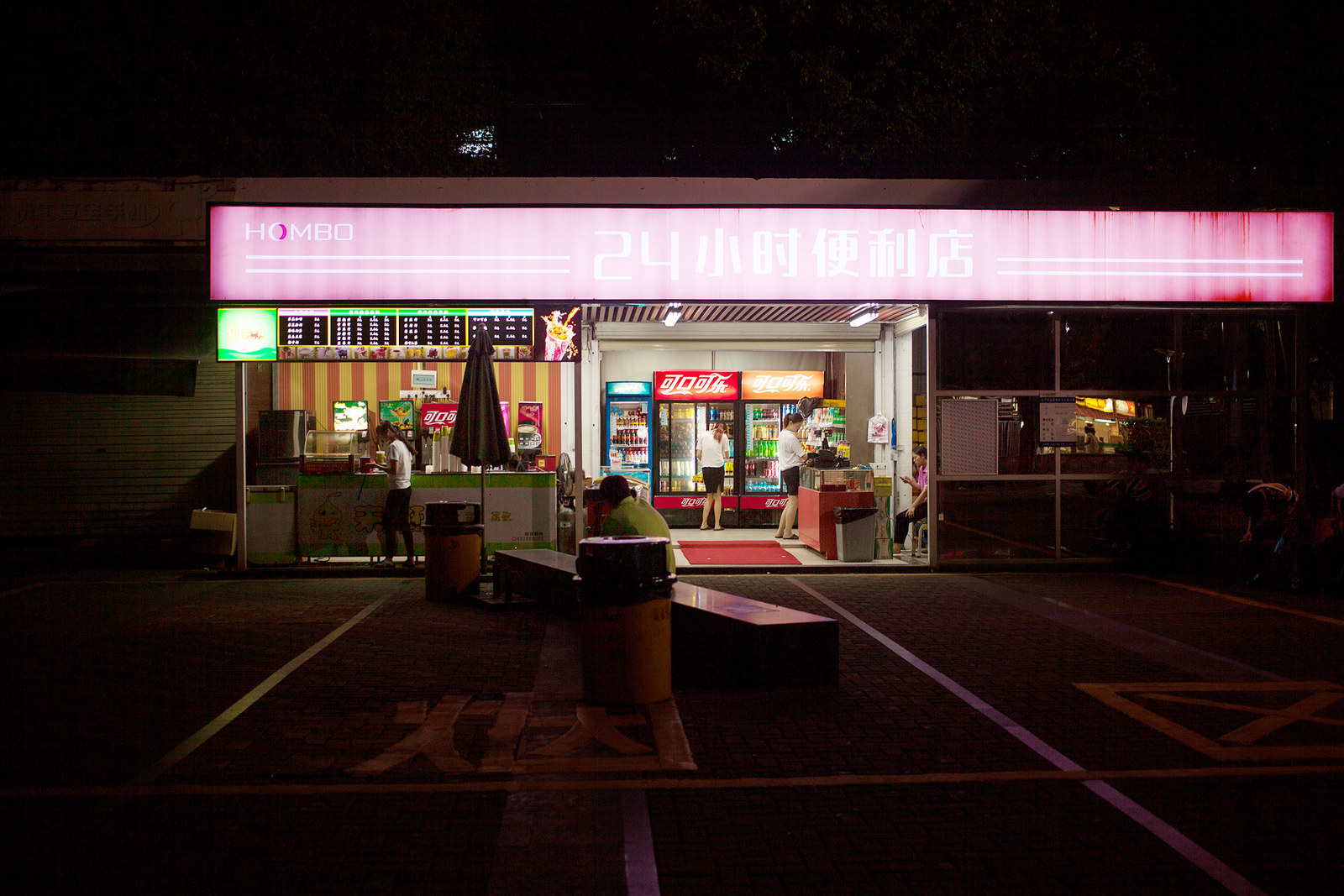
Mari Bastashevski
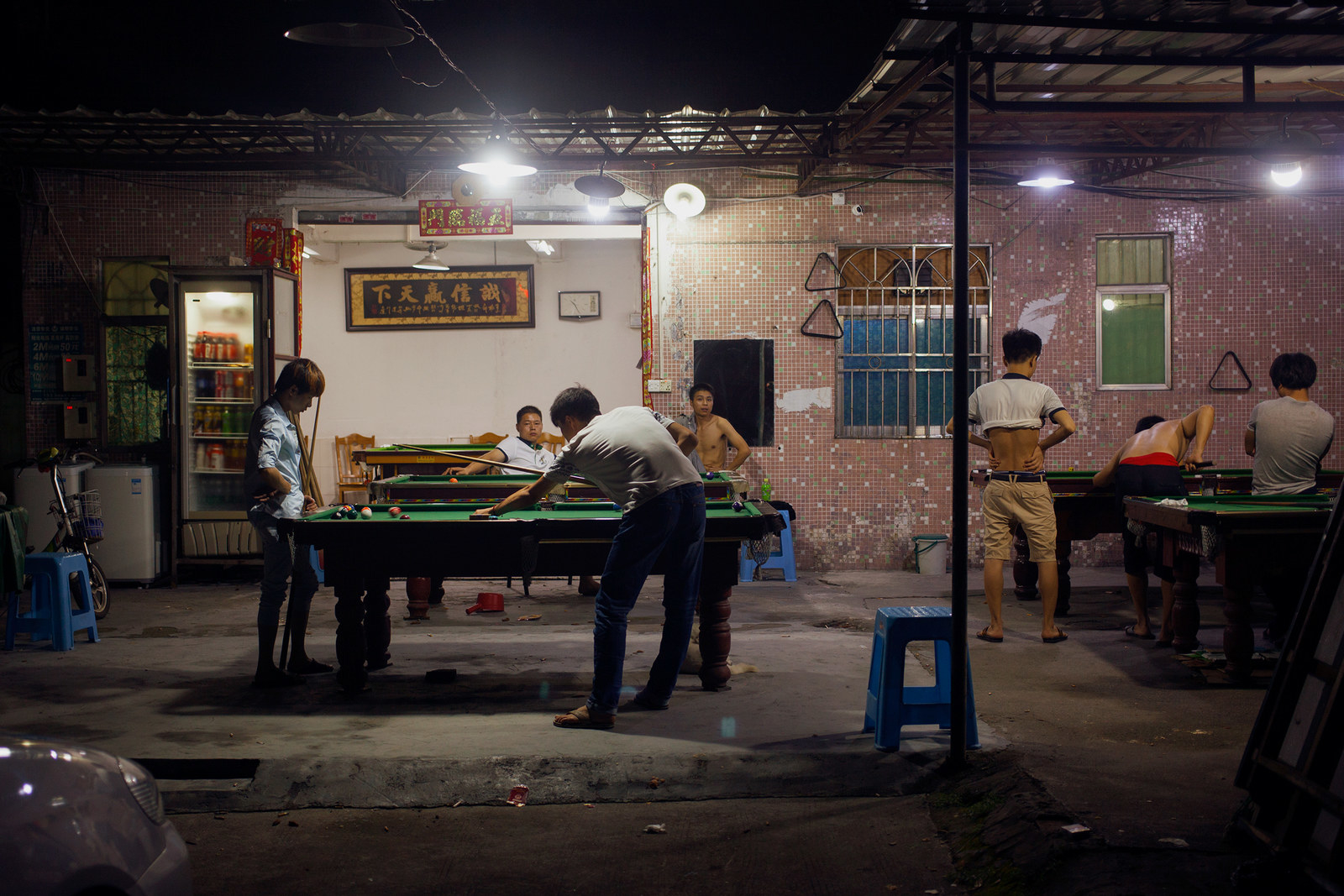
Mari Bastashevski
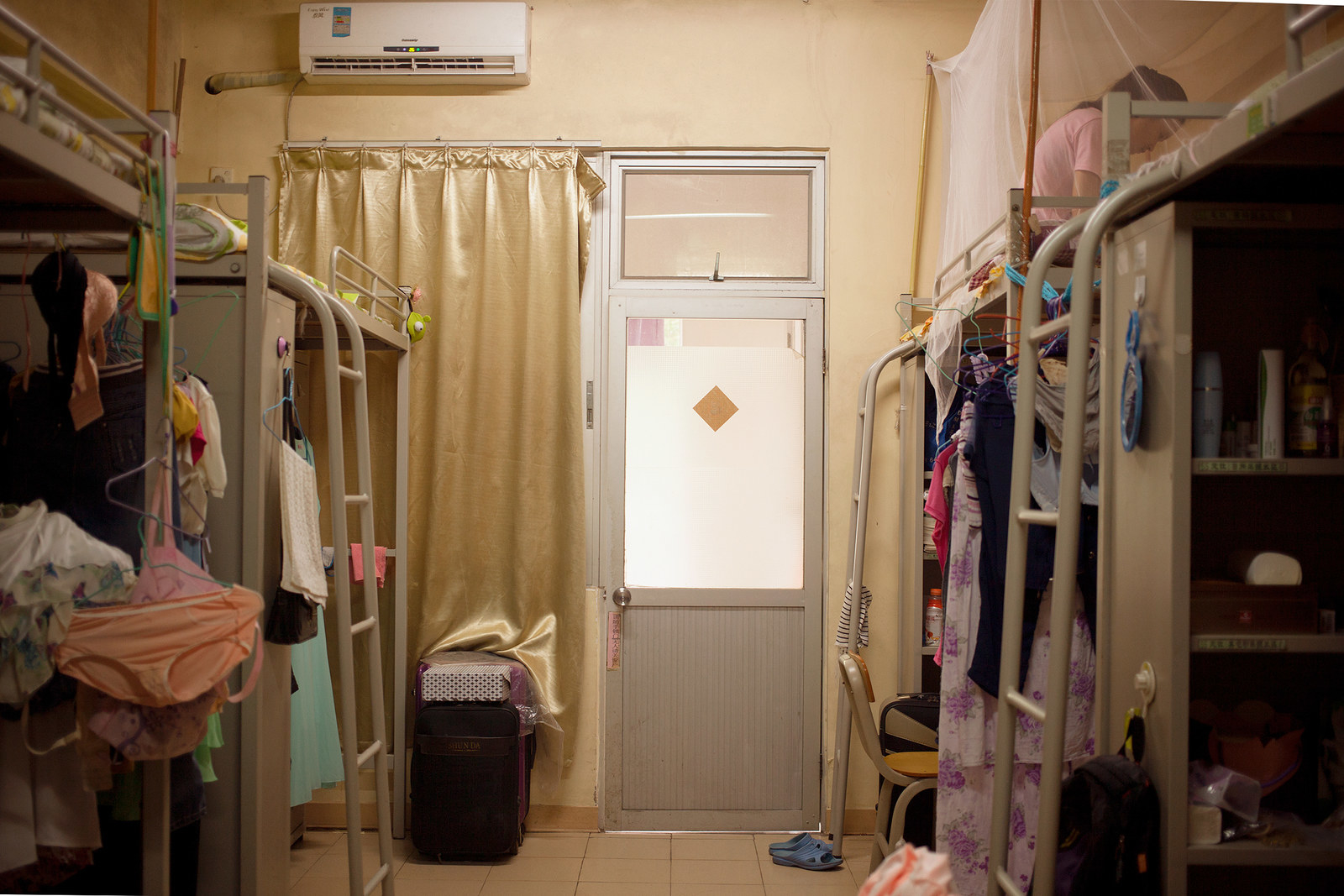
Mari Bastashevski
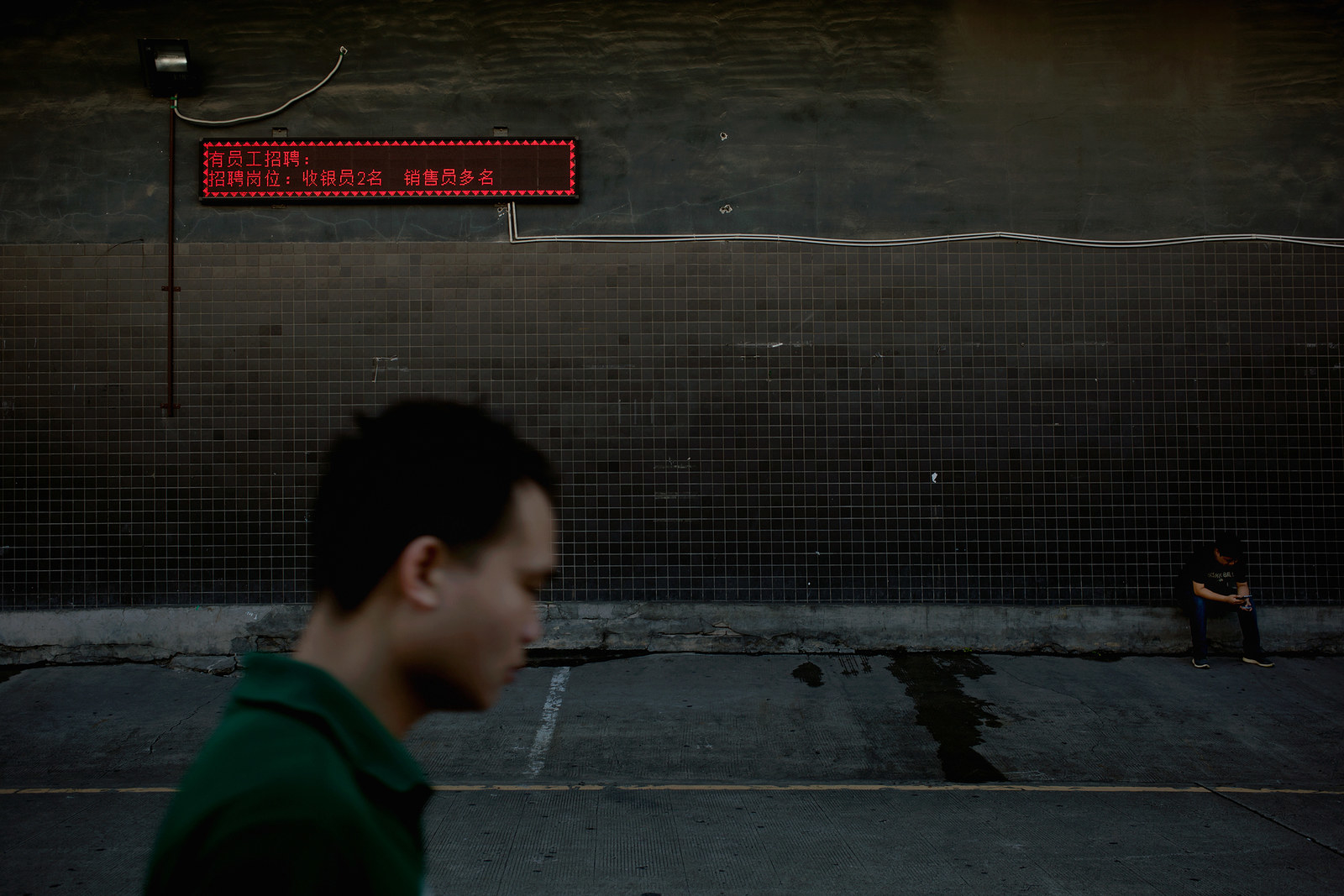
Mari Bastashevski
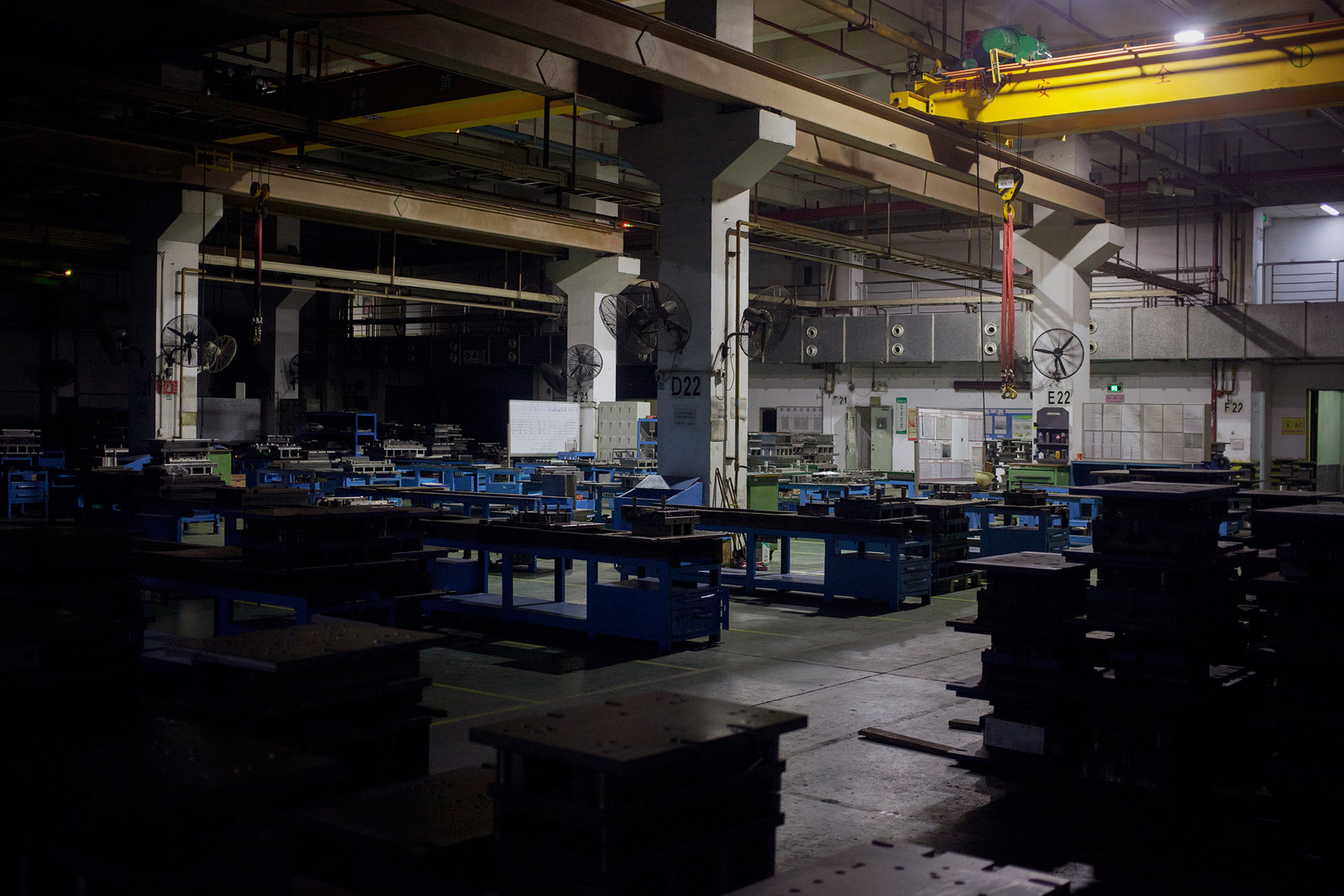
Mari Bastashevski
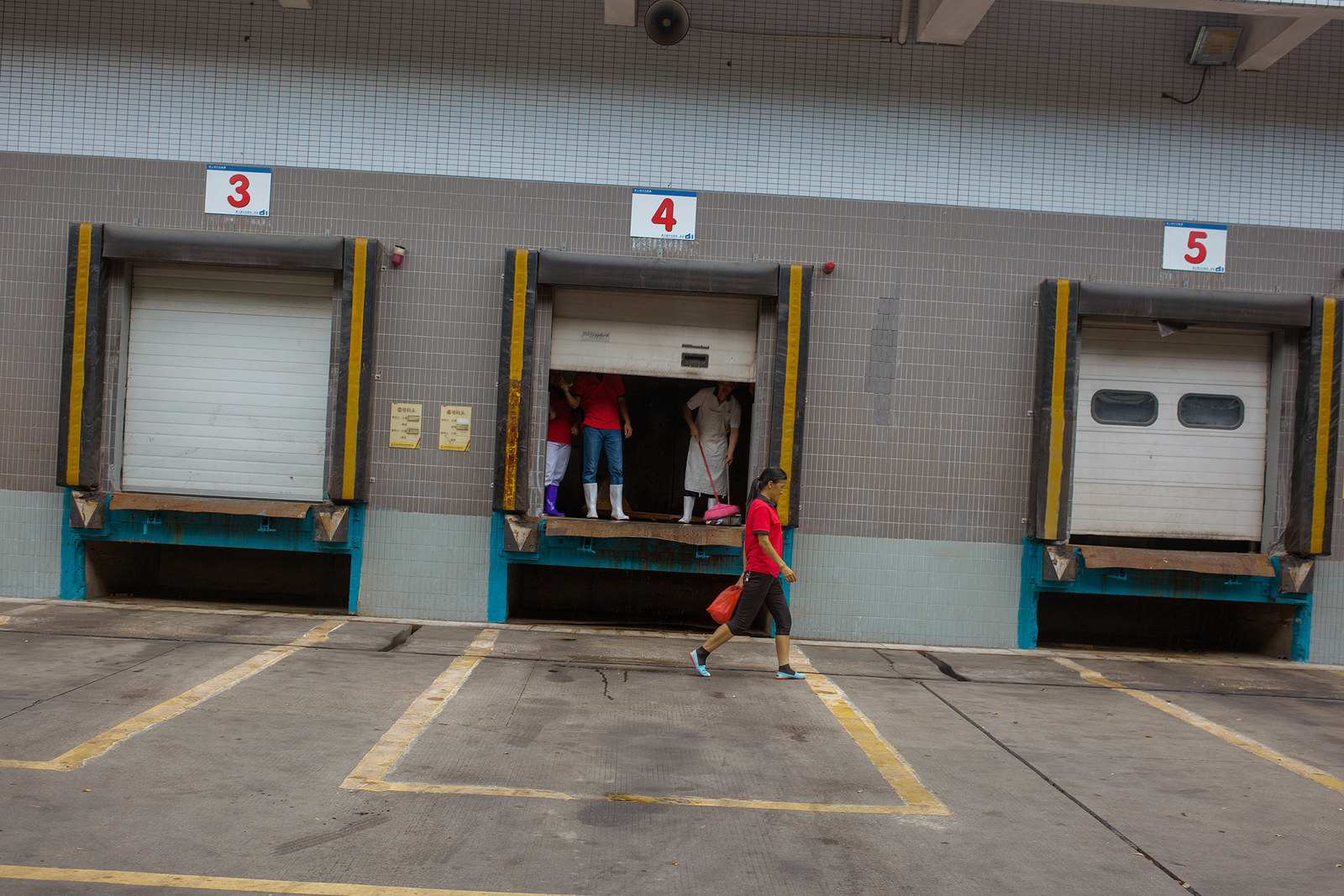
Mari Bastashevski
Mari Bastashevski is a Russian-Danish artist, writer, and researcher currently working in mainland China and Hong Kong. Her project “10,000 Things Out of China,” supported by an Abigail Cohen fellowship, navigates through the complex, politically ambiguous, and often violent culture of logistics by which our common household products reach us.
from BuzzFeed - Tech https://www.buzzfeed.com/katebubacz/24-hours-at-the-foxconn-factory-city?utm_term=4ldqpia
No comments:
Post a Comment